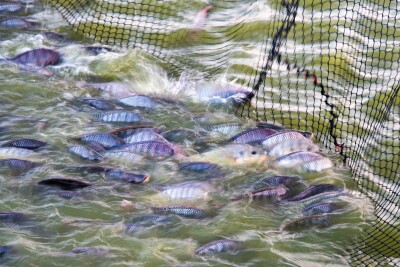It is striking how much influence recreational fishing groups can have over local decision-making when they put their minds to it.
Today, commercial fishermen in Oregon are reeling from another move to eliminate gillnetting on the main stem of the Columbia River. Gov. John Kitzhaber is likely to sign legislation that would ask the Fish and Wildlife Commission to establish an exclusion zone at the mouth of Youngs Bay, a popular recreational fishing spot.
Lawmakers are backing the bill, which was approved in the Oregon House and Senate early this week, at the request of sport-fishing interests (including the national Coastal Conservation Association).
The problem with these types of measures is that they run the risk of eliminating traditional jobs while oftentimes doing very little to better manage the resource.
In 1995, a group of sport-fishing guides in Maine convinced state legislators to close a fish ladder on the St. Croix River, preventing native alewives from returning to their historic spawning grounds.
The reason? The guides argued that the alewives were outcompeting the smallmouth bass, a popular sportfish. The most intriguing part of the story to me is that smallmouth bass have been in Maine for about 150 years, but would once have been considered an invasive species. The alewife, on the other hand, is native to the state and upriver in Canada. What's worse is that research shows the two species coexist peacefully.
This is the first season in 23 years that the fish ladder is open, and alewives are free to swim to their spawning grounds again.
What can we learn? First, that two apparent adversaries can coexist peacefully if we take the time to look at the details instead of being distracted by those who fan the flames of fish politics. Second, that just when we think we've done things the right way, we figure out we got it all wrong.
The cascading effects of our decisions occur in a landscape that is inherently chaotic. If we are not prepared to act quickly (because the chances are that any move we make will have unintended consequences, either good or bad), then perhaps it would be best for us not to act at all.






